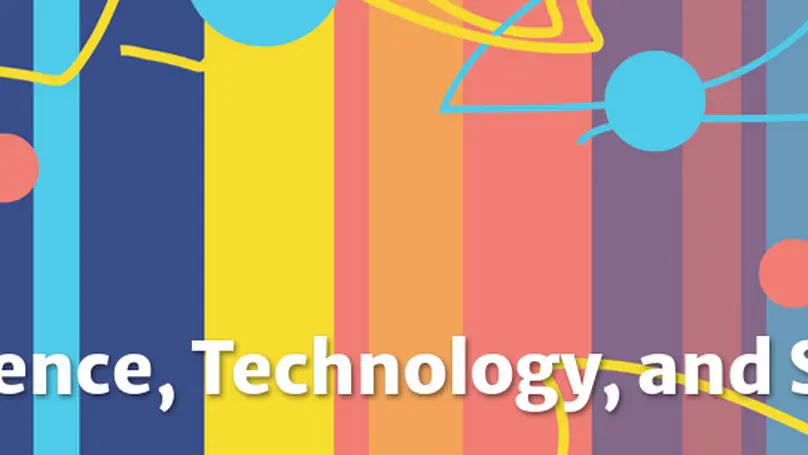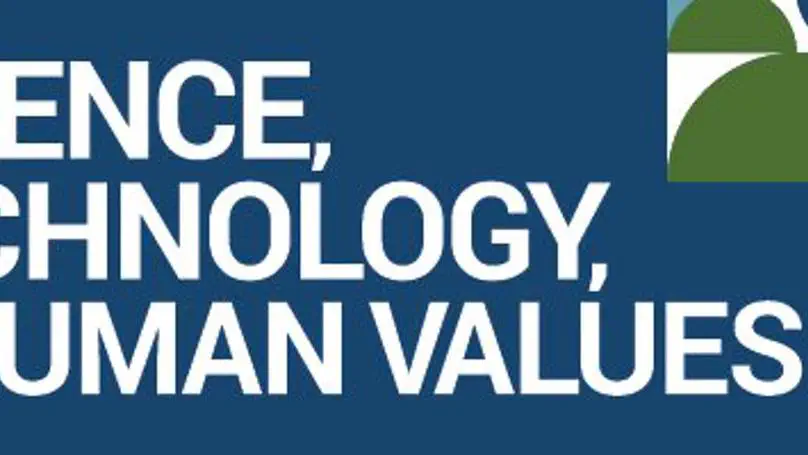Source Themes

We present the Manifesto on the Datafication of Mobility Across Borders. Datafication is expanding the potential to produce and circulate information about people at unprecedented speed and scope. This is particularly revealed when people are “on the move” through territories of which they are not citizens. In this Manifesto, we are interested in the datafication practices and infrastructures that produce people as radical others. Practices of datafication and data infrastructures make people on the move knowable, but they do not represent them neutrally. They often enact them as “alterity,” as inherently alien others against whom an “us” can be identified. Allegedly implemented for security purposes, not always well designed, often sloppily applied, practices and infrastructures of datafication of people on the move as others run the risk of subjecting vulnerable people to a perpetual state of precarity and securitization, and polities to long-term policies of expulsion. As sociologists of technology, ethnographers, political scholars, and software developers, we have witnessed with growing concern the recurrent instrumentalization of datafication for assessing identities of people on the move. The ten principles of this Manifesto are drawn from research conducted over seven years by the Processing Citizenship research team and discussed with the international scientific community involved in social studies of science and technology, migration, border and mobility studies, and security studies. We offer these principles based on best practices and empirical observation so that policymakers can hold to account national and European agencies tasked with home security functions, and IT developers can hold to account the infrastructures they design and implement.

This article empirically maps and compares types of knowledge produced about people on the move by the European border security apparatus. Exploring two complementary analytical moments, the article addresses the stabilization of power and contingent practices within such apparatuses. We argue, first, that analyzing classification schemas implemented in data systems used within the European apparatus can reveal assumptions and limitations about people on the move—what we call “scripts of alterity.” Second, the comparative mapping of scripts of alterity reveals a de facto division of labor between scales of governance that would otherwise be invisible in policy. Utilizing the new Ontology Explorer software method as well as discursive analysis, we identify four scripts of alterity, which materialize relations in data systems and are thus relatively stabilized. Third, we identify as “de-inscriptions” forms of resistance specific to scripts of alterity. These can still be contested and we account for three contingent practices of de-inscription from scripts of alterity by conducting ethnographic observation of data systems’ use. Finally, we summarize three contributions that the “scripts of alterity” concept makes to the science and technology studies and to the critical security studies literature on the securitization of cross-border mobility.